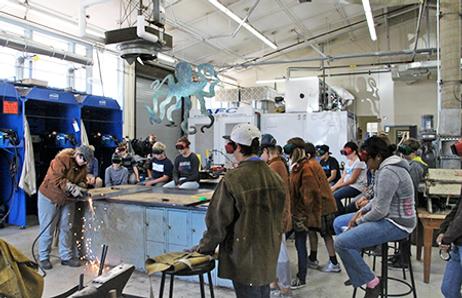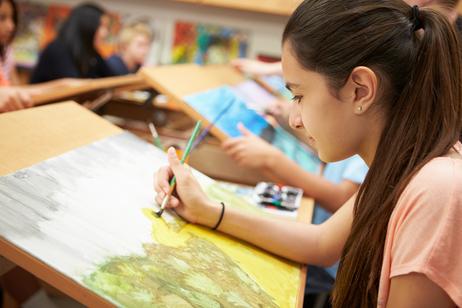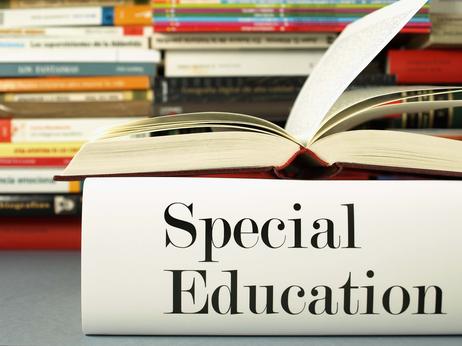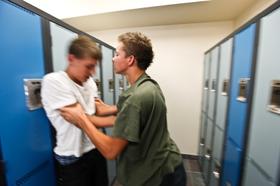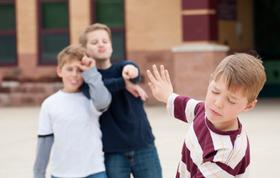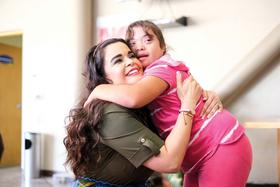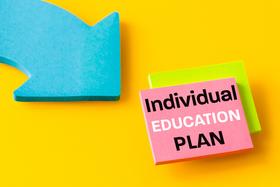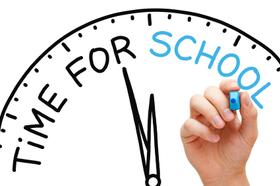Co-teaching is an inclusive education model in which students with special education needs are provided the opportunity to learn in a mainstream classroom with the additional support of a special education teacher who co-teaches with the general education teacher. This model has proven successful in many school districts for several reasons.
Benefits for students with special education requirements
First of all, the co-teaching model ensures that students with special needs have access to the general education curriculum. By law students with disabilities must be provided access to learning opportunities that do not restrict their ability to progress in a subject or grade level. In a co-taught class, special education students have the opportunity to move from modified assignments to typical assignments as they develop skills and confidence. As a result, co-taught special education students are generally more likely to meet grade-level standards.
While they have access to the mainstream curriculum, co-taught students also continue to receive specialized instruction. Special education teachers within the mainstream classroom can coach students individually, or in small groups, providing them the additional coaching and guidance necessary for them to complete activities and assignments.
Differentiated instruction
In addition to in-class support for mainstream assignments, co-taught students also have the opportunity to grow within the curriculum through differentiated instruction. Since there are two teachers in the class, the same material can be taught in two or more different ways. The special education teacher can anticipate student needs and, in planning lessons with the mainstream teacher,


